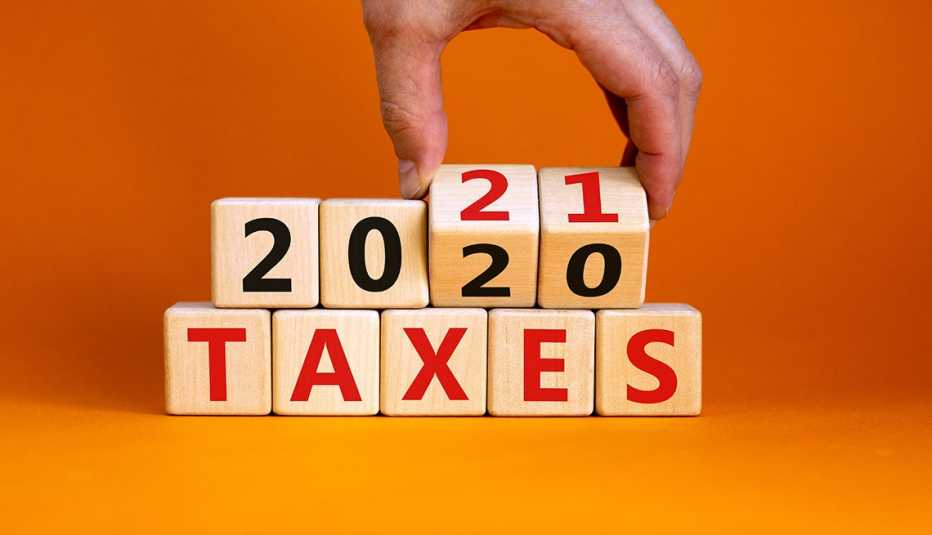Staying Fit
For millions of American taxpayers, Oct. 15 is as important a date as April 15, the traditional deadline to file income taxes. The Internal Revenue Service routinely grants requests to file a late return, and the due date for those returns is Oct. 15. Here are five things you need to know about filing income taxes late.
1. It can be expensive
Taxpayers who missed the pandemic-delayed May 17 federal income tax filing deadline can be hit with two penalties: one for filing late and another for paying late. The penalty for late filing is 5 percent of the amount due each month, and the failure to pay is 0.5 percent a month, and maxes out at 25 percent, says IRS spokesman Eric Smith. (When both penalties are levied in the same month, the total penalty is 5 percent a month: 4.5 percent for failure to file and 0.5 percent for failure to pay.)
Interest also accrues, at a current rate of 3 percent. “The late-payment penalty rises with each month that goes by, and interest is calculated based on the number of days and is indeed compounded daily,” Smith says.


AARP Membership— $12 for your first year when you sign up for Automatic Renewal
Get instant access to members-only products and hundreds of discounts, a free second membership, and a subscription to AARP the Magazine.
2. It can be avoided
You could have dodged the late filing penalty by requesting an automatic extension by the federal tax filing deadline, which is traditionally April 15. The extension would have pushed your filing deadline to Oct. 15. The IRS requires late filers to pay the taxes they owe by the earlier filing deadline. Otherwise, you’d still be liable for the late payment penalty.
In a typical year, more than 15 million taxpayers request automatic filing extensions, according to the IRS. But extensions declined during the pandemic to 12 million in 2020 and 14 million this year, likely because the regular filing deadline was pushed back to July 15 in 2020 and May 17 in 2021.
People requesting extensions often have more complicated returns, and may need to wait for a Schedule K-1 for certain investments, as one example, according to Bill McDevitt, shareholder at WilkinGuttenplan, an accounting firm with offices in New Jersey and New York.



































































